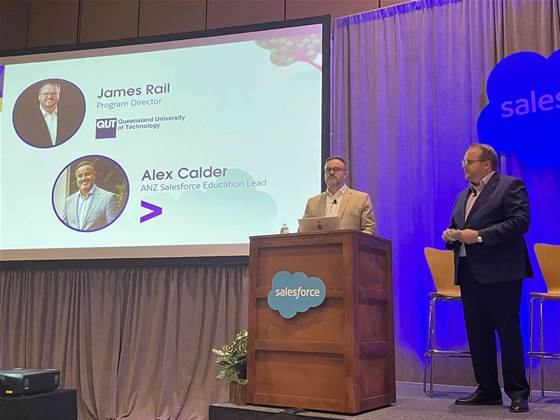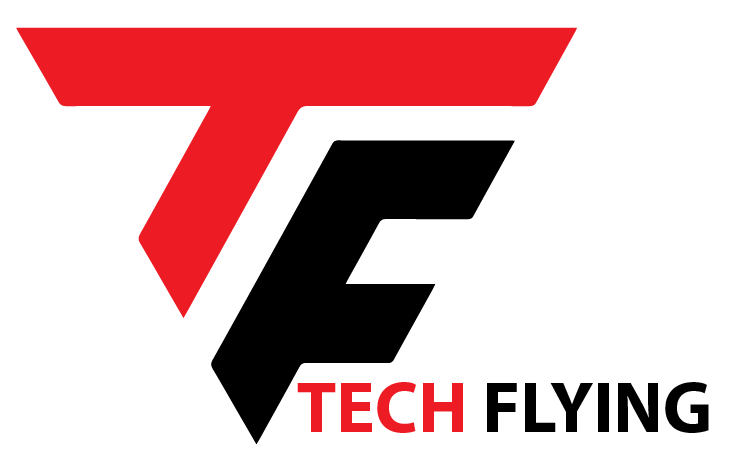Queensland University of Technology (QUT) has launched a new initiative within its multi-year digital connections program

This digital connections program, which began in 2022, established essential components such as a core CRM system based on Salesforce for Education, enabling a comprehensive understanding of current and potential students, as well as alumni.
During Salesforce’s Dreamforce conference, program director James Rail discussed the goal of transforming service centers into “experience centers” that foster stronger connections and relationships at critical stages of a student’s journey with QUT. “We’re looking for innovative methods to engage and interact with our learners,” Rail explained.
With the Salesforce foundation now firmly established, Rail mentioned that QUT will soon celebrate having 24 distinct business groups utilizing a single Salesforce organization to enhance their service ecosystem. Approximately 750 frontline agents will leverage this platform, which has integrated over 2 million data points to provide a detailed, real-time view of the individuals they assist.
This Salesforce-based core has also streamlined the technological environment that supports student services, reducing redundancies like similar systems and local databases to promote consistency and efficiency in operations. “We’ve simplified our digital ecosystem by eliminating like systems, local databases, and spreadsheets,” Rail noted.
Despite these advancements, Rail emphasized that QUT is not complacent. “The challenge with an implementation of this scale and complexity is to continuously innovate and enhance the experience we provide,” he remarked.
At the recent Salesforce World Tour event in Sydney, new AI tools such as Copilot and Prompt Builder were highlighted as significant developments in this evolution of digital connections. Accenture also announced its involvement in this initiative, focusing on improving the nurturing and servicing of prospective students through Salesforce Service Cloud.
Accenture’s A/NZ Salesforce education lead, Alex Calder, stated, “We believe AI can significantly enhance the learner experience and improve team efficiency.” The plan is to implement a rapid deployment of existing Einstein tools alongside custom prompts and Data Cloud functionalities to maximize value.
A four-week timeline was established to implement five key targets: Einstein Copilot, Case Classification, Article Recommendations, Prompt Builder, and Data Cloud. Resources from various locations, including Sydney, Brisbane, India, and the Philippines, contributed to this effort.
Rail and Calder discussed the impacts of these tools on assisting future students. Einstein Copilot helps summarize case histories and provides insights into previous interactions, enabling agents to understand their support context better.
Case Classification automatically categorizes inquiries received through email, WhatsApp, or social media, allowing advisers to save time by quickly analyzing requests based on content and historical data. “This allows us to gain quicker insights into demand and prioritize adviser responses,” Rail explained.
Additional tools enhance agents’ access to relevant knowledge base articles and summarize communication with prospective students, simplifying transitions between advisers and case closure.
Looking ahead, Rail outlined plans to further develop the data and AI capabilities within the digital connections program. “We will focus on enhancing adviser efficiency,” he stated, highlighting the potential for real-time categorization and next-best actions to empower agents during live interactions.
Rail emphasized that QUT’s approach to utilizing Salesforce aligns with the broader goals of the digital connections program, prioritizing iterative delivery and continuous improvement. “Our aim has always been to provide tools that frontline staff can engage with, grow into, and utilize effectively,” he concluded.
